How do astronauts wash their clothes in space? Well, the answer is simple: they don’t. It may be weird, but we don’t have a way or technology safe enough to clean laundry in the microgravity environment of space.
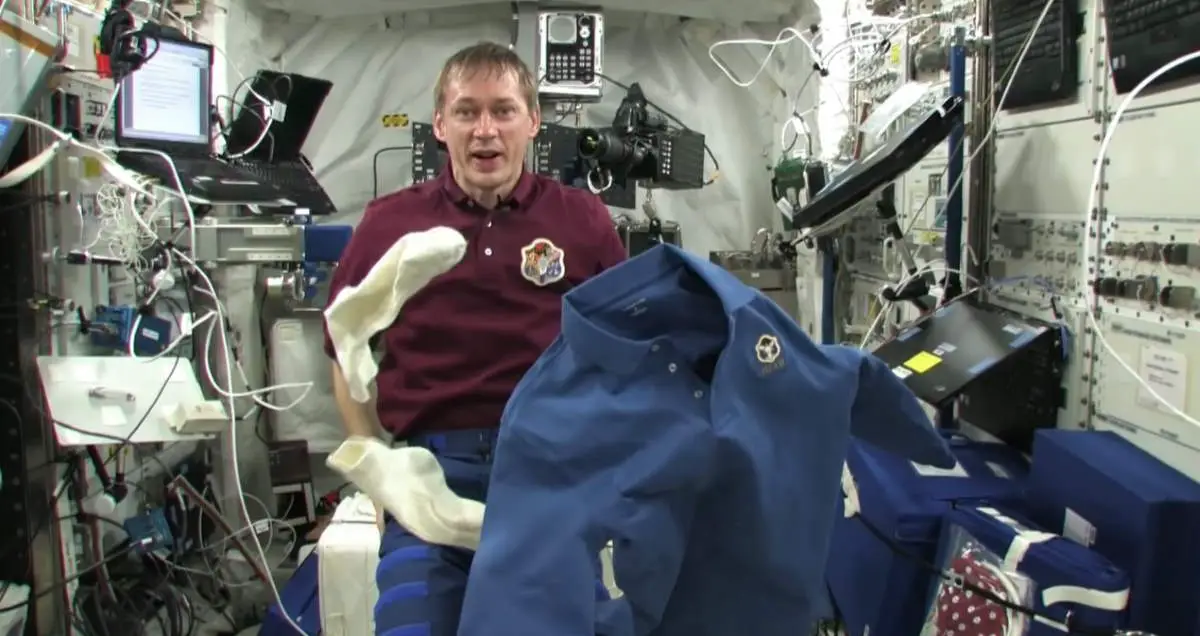

How do astronauts wash their clothes in space? Well, the answer is simple: they don’t. It may be weird, but we don’t have a way or technology safe enough to clean laundry in the microgravity environment of space.
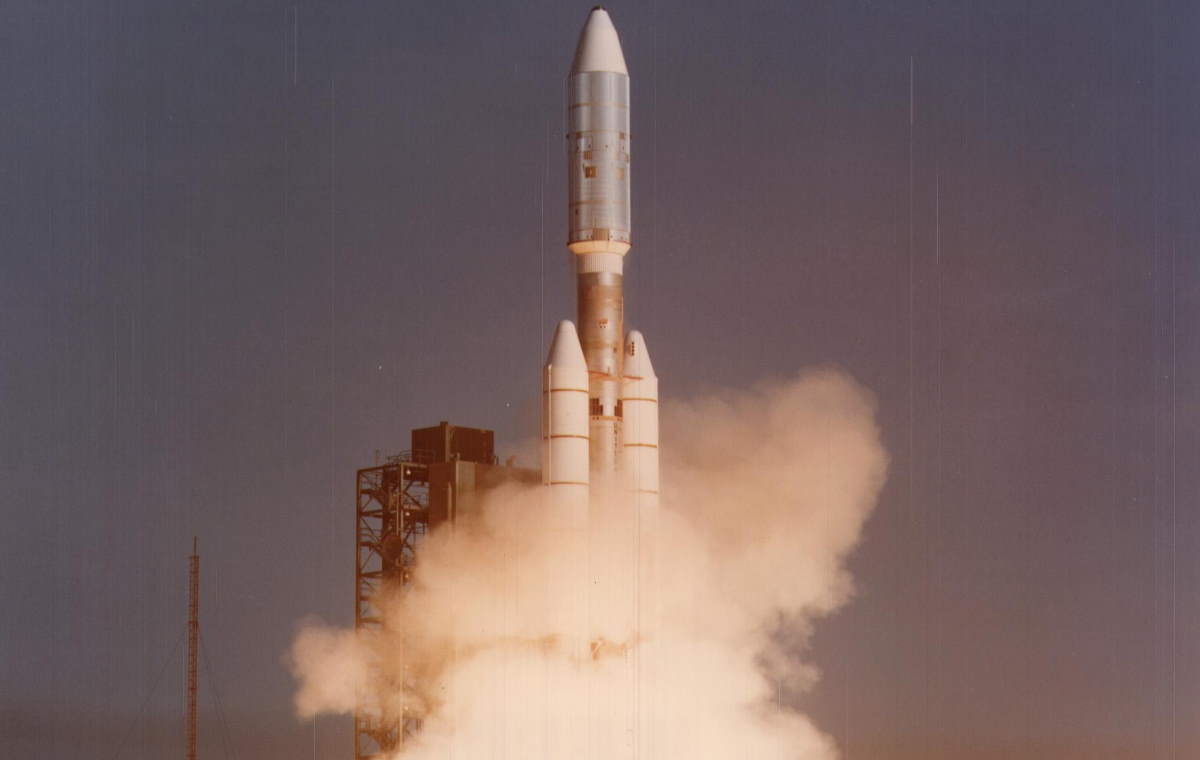
Voyager 1 launch: On September 5, 1973, NASA's Voyager 1 spacecraft was launched on top of a Titan IIIE/Centaur rocket from the Kennedy Space Center Launch Complex in Florida, 16 days after its twin, Voyager 2. Photo: Voyager 1 Launch on the NASA Jet Propulsion Laboratory website.
Voyager 1 launch: On September 5, 1977, NASA’s Voyager 1 spacecraft was launched on top of a Titan IIIE/Centaur rocket from the Kennedy Space Center Launch Complex in Florida, 16 days after its twin, Voyager 2. The reversal of order was because the two spacecraft were sent on different trajectories, and Voyager 1 was put on a path to reach its planetary targets, Jupiter and Saturn, ahead of Voyager 2.
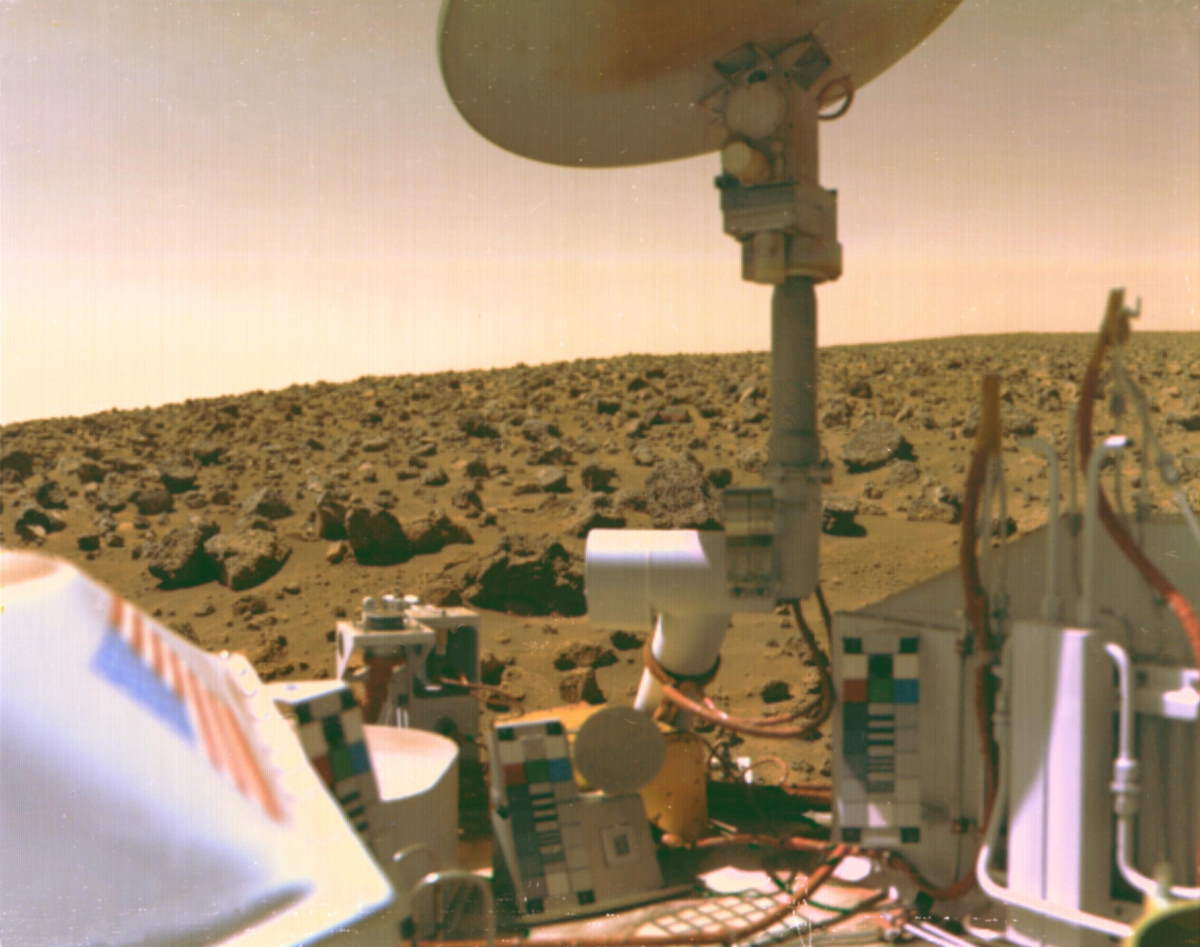
On September 3, 1976, the lander of NASA’s Viking 2 spacecraft (which consisted of an orbiter and a lander) separated from the orbiter and safely landed on Mars.
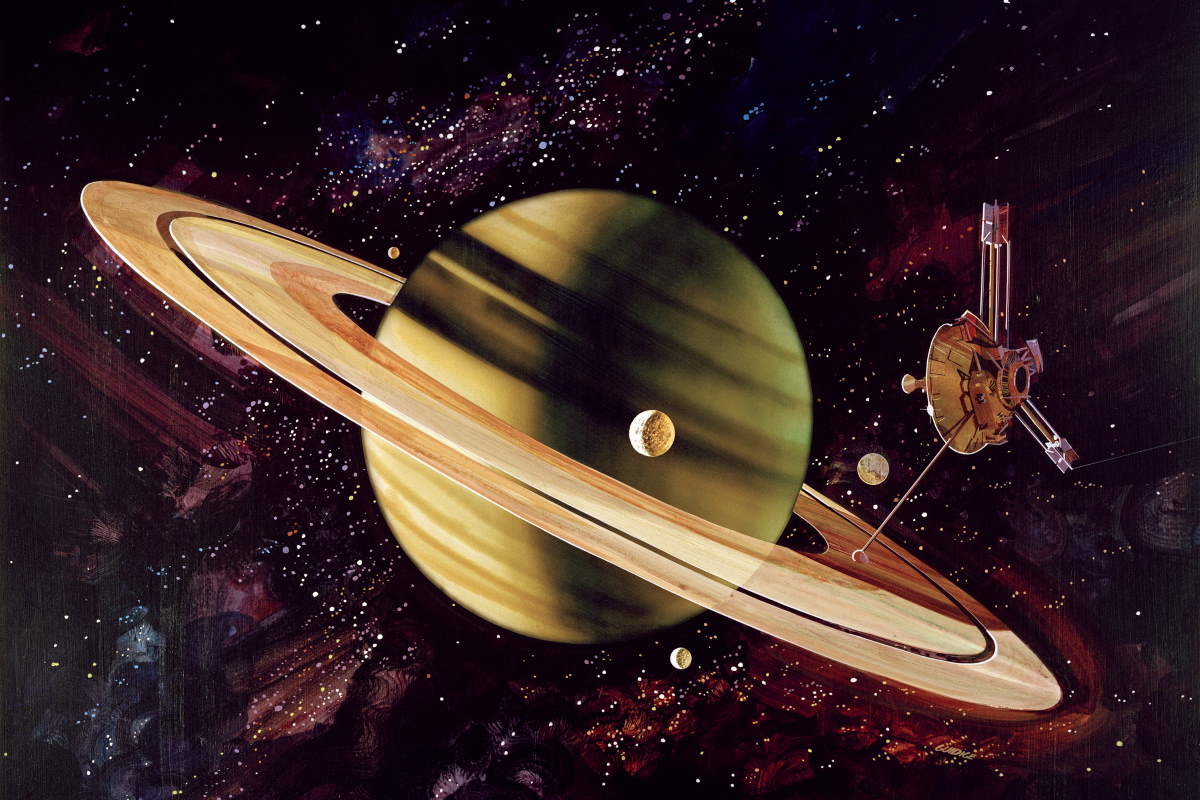
On September 1, 1979, NASA’s Pioneer 11 spacecraft performed the first Saturn flyby in the history of space exploration, at a distance of 21,000 km (13,000 miles) from Saturn’s cloud tops.
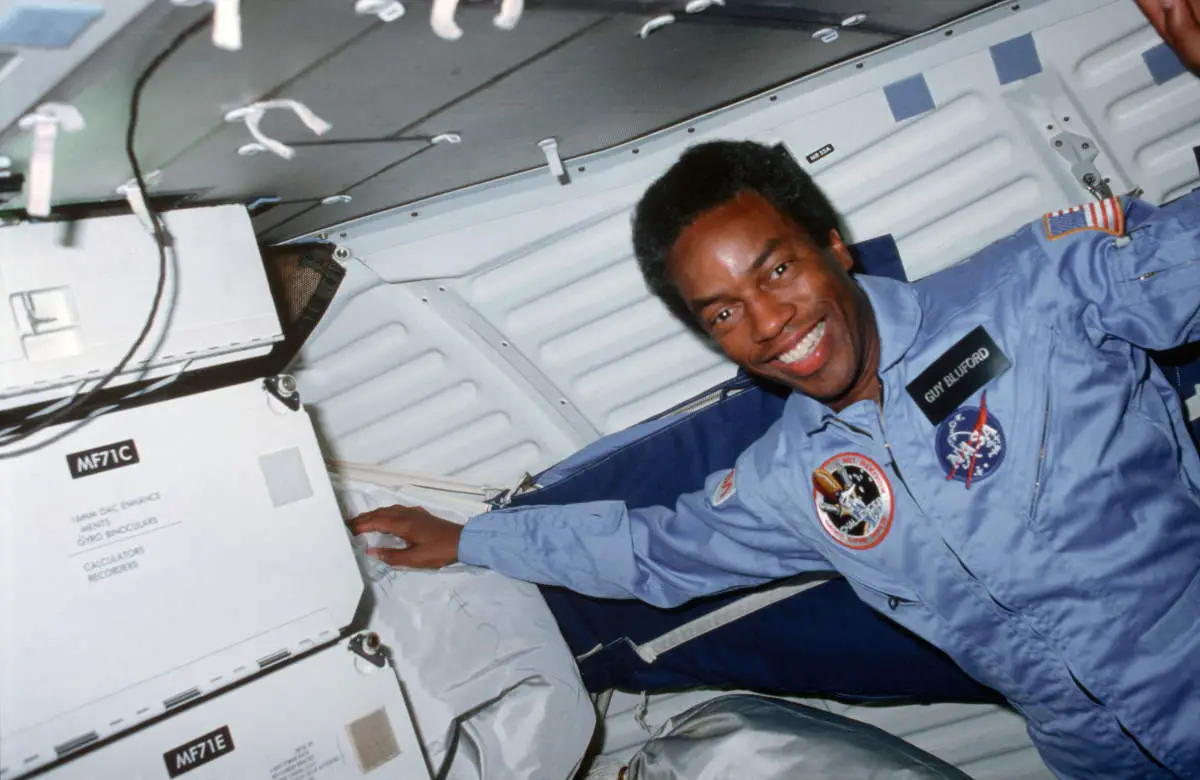
On August 30, 1983, Guion Bluford, better known as Guy, was launched aboard Space Shuttle Challenger’s STS-8 mission on August 30, 1983, he became the first black astronaut in space.
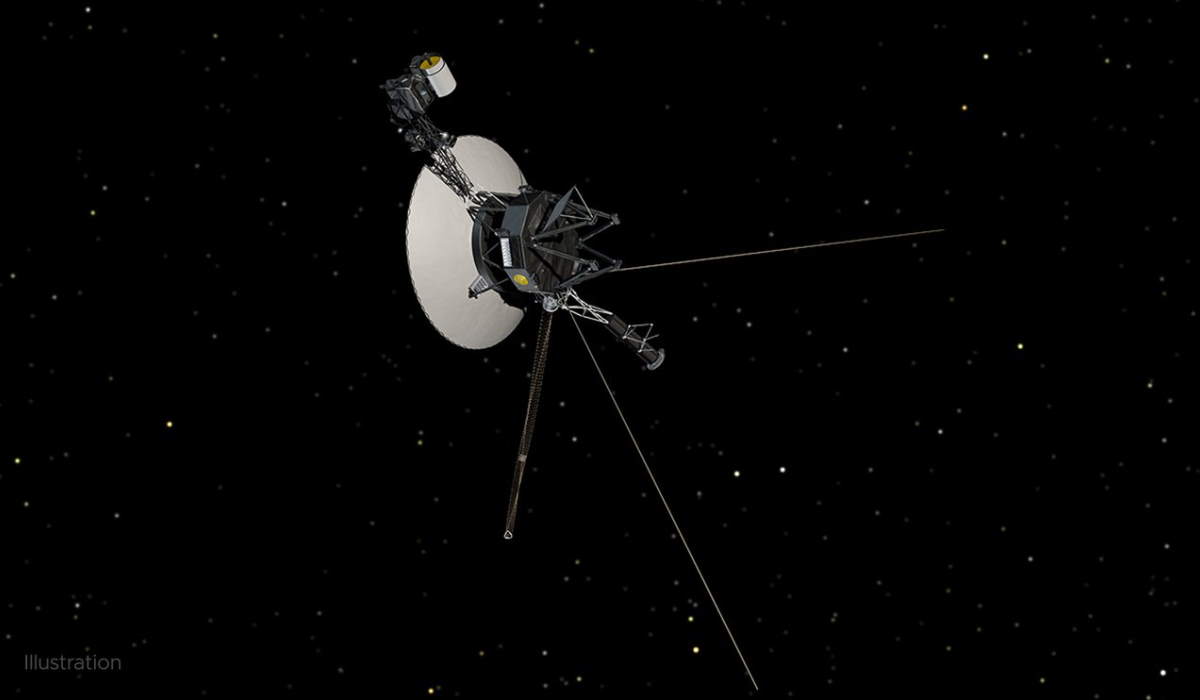
On August 25, 2012, NASA’s Voyager 1 spacecraft crossed the heliopause, the theoretical boundary of our solar system where the Sun’s solar wind is stopped by the interstellar medium, and became the first spacecraft in interstellar space.
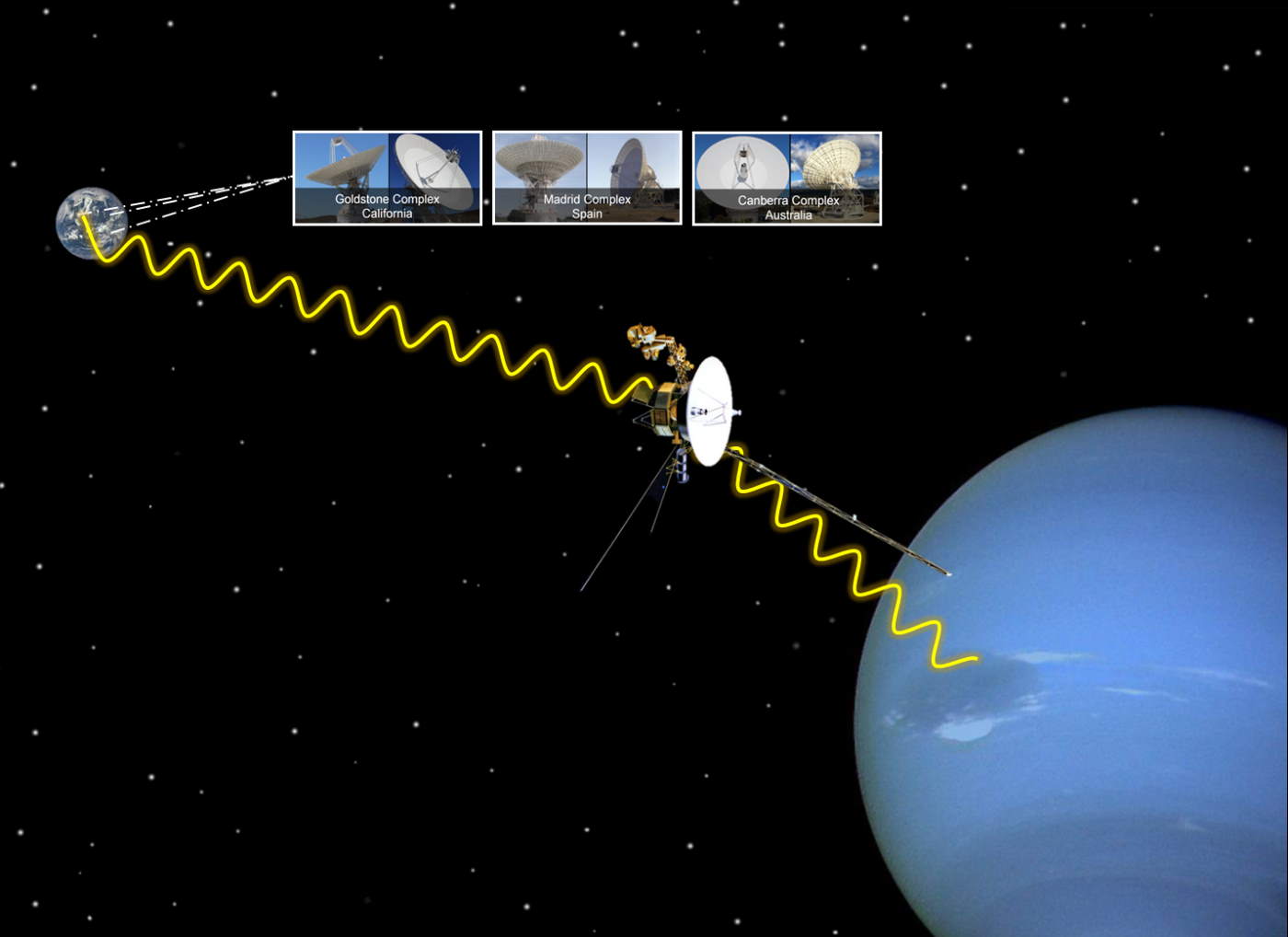
On August 25, 1989, Voyager 2 performed a close Neptune flyby, giving humanity its first close-up of the eighth (and the outermost) planet of our solar system. Neptune was the spacecraft’s final planetary target.
That first Neptune flyby was also the last: No other spacecraft has visited Neptune since.
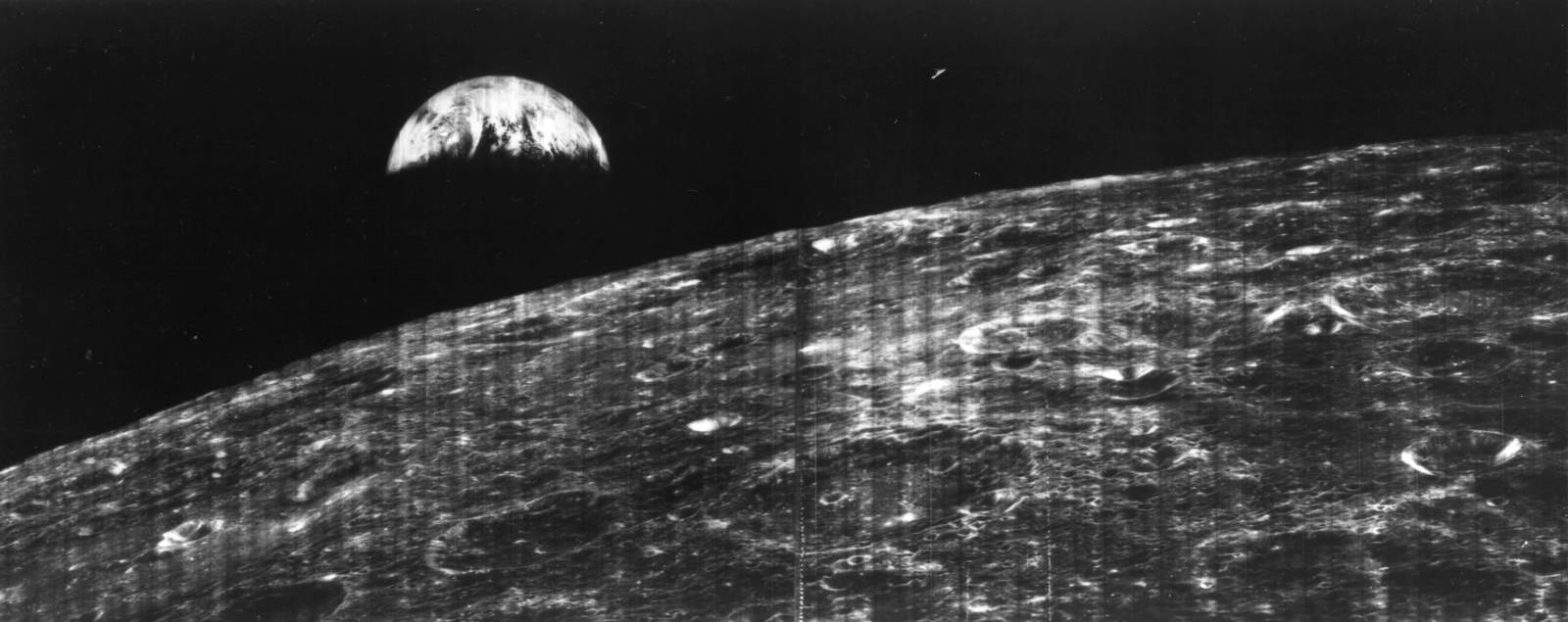
On August 23, 1966, NASA’s Lunar Orbiter 1 robotic spacecraft took the first photograph of Earth from the Moon’s orbit.
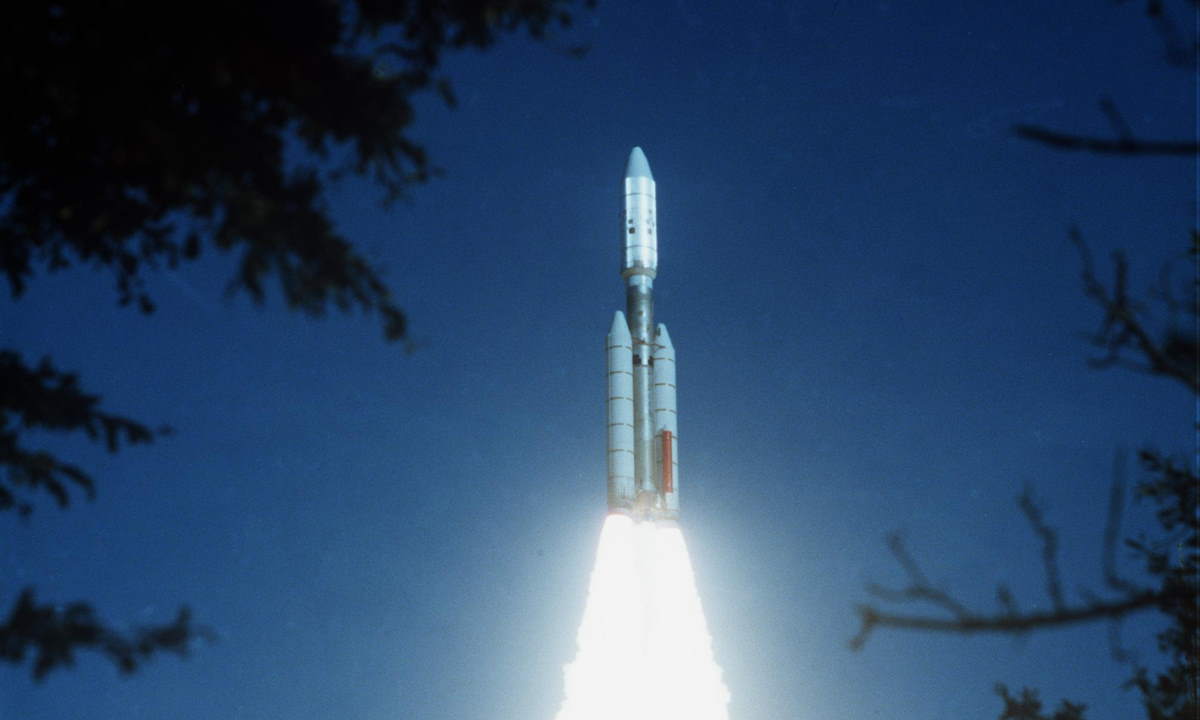
On August 20, 1977, Voyager 2 was launched from Cape Canaveral on top of a Titan IIIE-Centaur rocket. It launched before Voyager 1, which was sent into space on September 5, 1977.
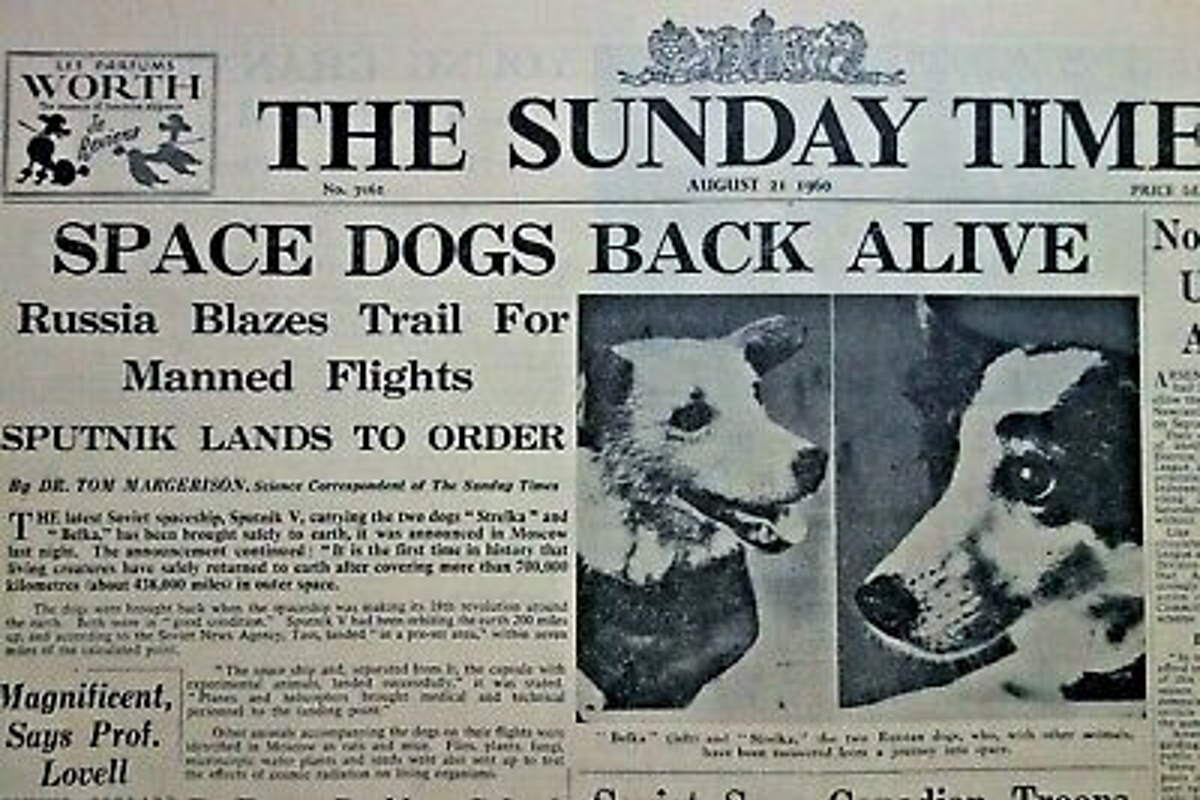
On August 20, 1960, the first animals and plants returned alive from an orbital spaceflight. Launched on August 19, the Soviet Union’s Korabl-Sputnik 2 (also known as the Sputnik 5) was the first spaceflight to send animals and plants into orbit and return them safely back to Earth. it paved the way for the first human orbital spaceflight, Yuri Gagarin’s Vostok 1, which was launched on April 12, 1961.